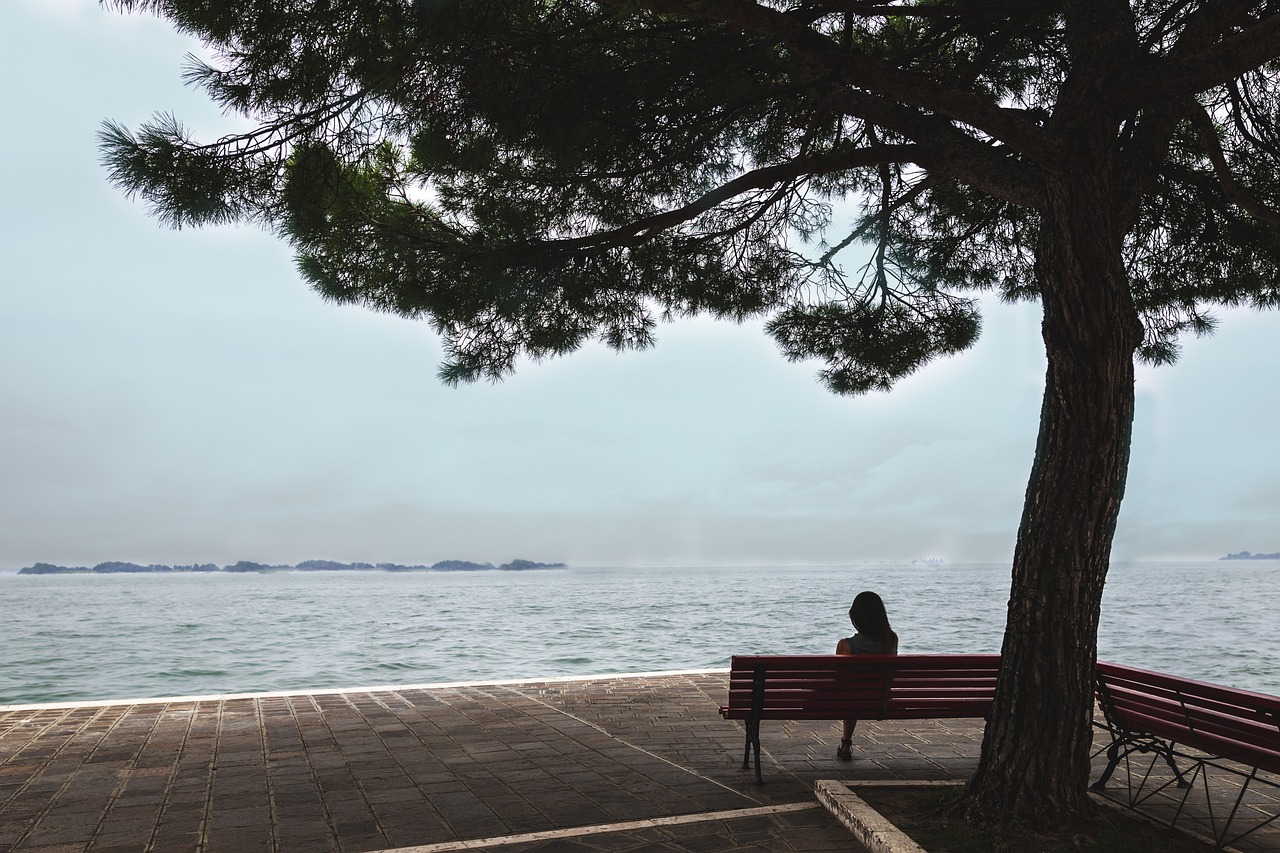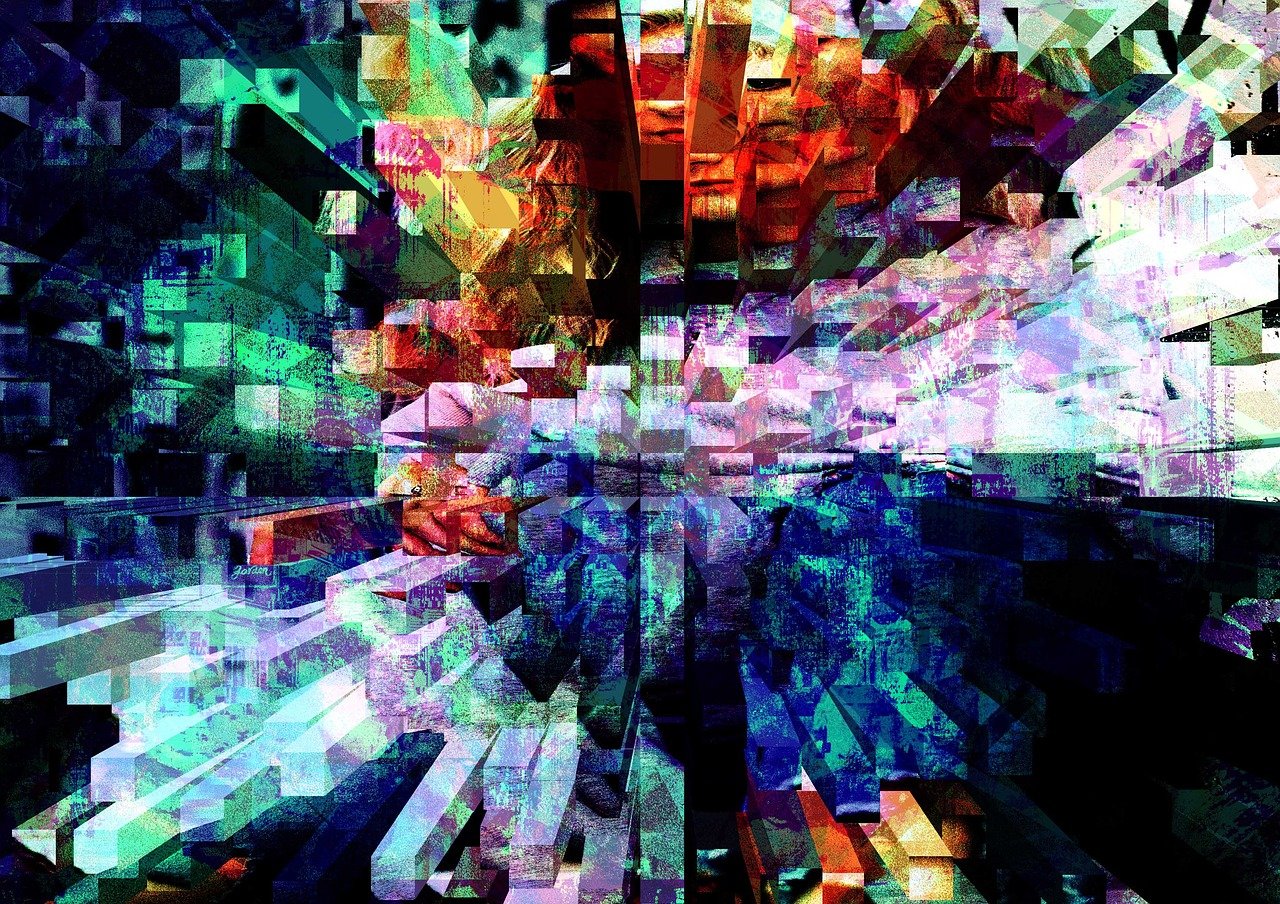In our Western Culture the need for silence and stillness is not acknowledged. Many even feel uncomfortable with silence, are even fearful of it, as John Main says in ‘Word into Silence’: “[Silence] is quite a challenge for people of our time, because most of us have very little experience of silence, and silence can be terribly threatening to people in the culture we live in.” Try telling someone that you long for a period of total silence and solitude, and watch their expression of surprise and disbelief. They may even take it as proof of you being slightly eccentric, to say the least, or possibly as a sign of a latent depression. They may even accuse you of being selfish, of verging on the anti-social. The only ones who do understand you are those who meditate.
Wishing for solitude and silence is counter cultural. What is valued in our society are a go-getting attitude, achievement, excitement, sociability, change and activity. The result of this is that we are often over-stimulated and so used to frenetic activity that our basic characteristic becomes one of restlessness. We must not forget that restlessness seems to us to be a natural condition to be in anyway; it is in our genes: our ancestors were all members of migratory tribes. Although restlessness is a truly human problem, it is even more pronounced in the West. We are always on the go, always engaged in some project or other and more often than not multi-tasking. Especially those of us who live in big cities really seem to be a people constantly on the move: travelling to work, to entertainment, to friends. Our restlessness also extends to a need for variety and change even with respect to our jobs, the restaurants and bars we frequent and even the friends we have.
But we are losing something precious by ignoring the value of silence. Despite all the activity this way of living implied in the world, it was considered by the early Christians as a sign of being asleep, even drunk. To be awake, fully alive was and is paradoxically only to be achieved through silence and stillness. The way is meditation, deep silent prayer.
In meditation by allowing our body to be still, giving it the permission not to do anything, we take the first step of counteracting this restless tendency. It is only by persevering that the urge to move and do things lessens and we become aware of stillness and silence. By repeating our word faithfully and lovingly we enter the silence. We don’t create the silence. “The silence is there within us. What we have to do is to enter into it, to become silent, to become the silence. The purpose of meditation and the challenge of meditation is to allow ourselves to become silent enough to allow this interior silence to emerge. Silence is the language of the Spirit.”(Word into Silence)
Meditation is discovering your true nature: you are part of the all-embracing, interconnect web of life; the Divine is in us and amongst us, if only we become silent enough to hear the sound of the Soundless, the name of the Nameless.







